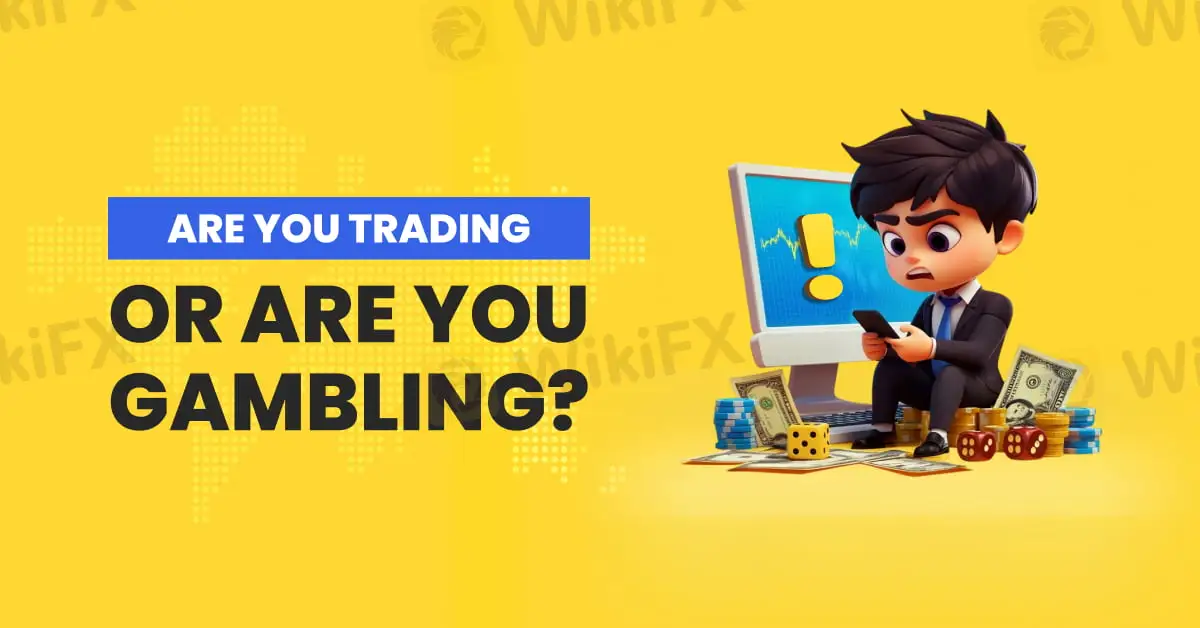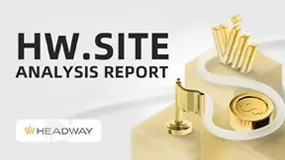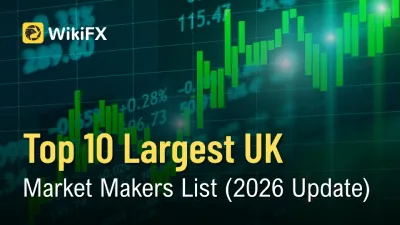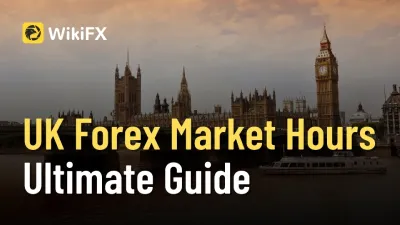Abstract:In today’s world of online markets, it’s easy to confuse trading with gambling. And the truth is, many people who think they are trading are actually gambling without realising it.

In today‘s world of online markets, it’s easy to confuse trading with gambling. The two may look similar on the surface, as both involve risk and the chance of winning or losing money. But in reality, they are very different activities. And the truth is, many people who think they are trading are actually gambling without realising it.
Trading, when done properly, is based on a plan. Traders study the market, use a clear strategy, and manage their risk. They make decisions based on research and experience. Gambling, on the other hand, is based on luck. Gamblers take chances without a proven method, hoping things will go their way.
Sadly, many new traders behave more like gamblers. They jump into trades without a tested system. They take big risks, hoping to make quick money. Often, they follow hype on social media or fall for promises made by unregulated brokers. These brokers claim you can get rich fast, but in most cases, the only ones getting rich are the brokers themselves.
If you are trading without a clear, tested strategy or if you dont have a plan to protect your money, then you are not really trading. You are gambling.
A serious trader always knows how much they are risking. They never bet more than they can afford to lose. They follow rules for when to enter a trade, when to exit, and how much to risk. They review their performance and keep learning.
A gambler, however, acts on impulse. They trade out of boredom, fear of missing out, or the need to recover from a loss. They often increase their position size after losing, hoping to win it back. This behaviour can quickly lead to disaster.
Its also important to watch out for so-called investment opportunities that promise fast and easy profits. These are often scams. Real trading takes time, patience, and discipline. There are no shortcuts.

If you answered “no” to any of these, it may be time to step back and reassess. Trading without a system and risk control is no different from rolling the dice at a casino.
The markets offer real opportunities. But to succeed, you must treat trading like a business, not a game. Build a plan. Stick to it. Protect your capital. Because if you trade like a gambler, the outcome is usually the same: losses and regret.











